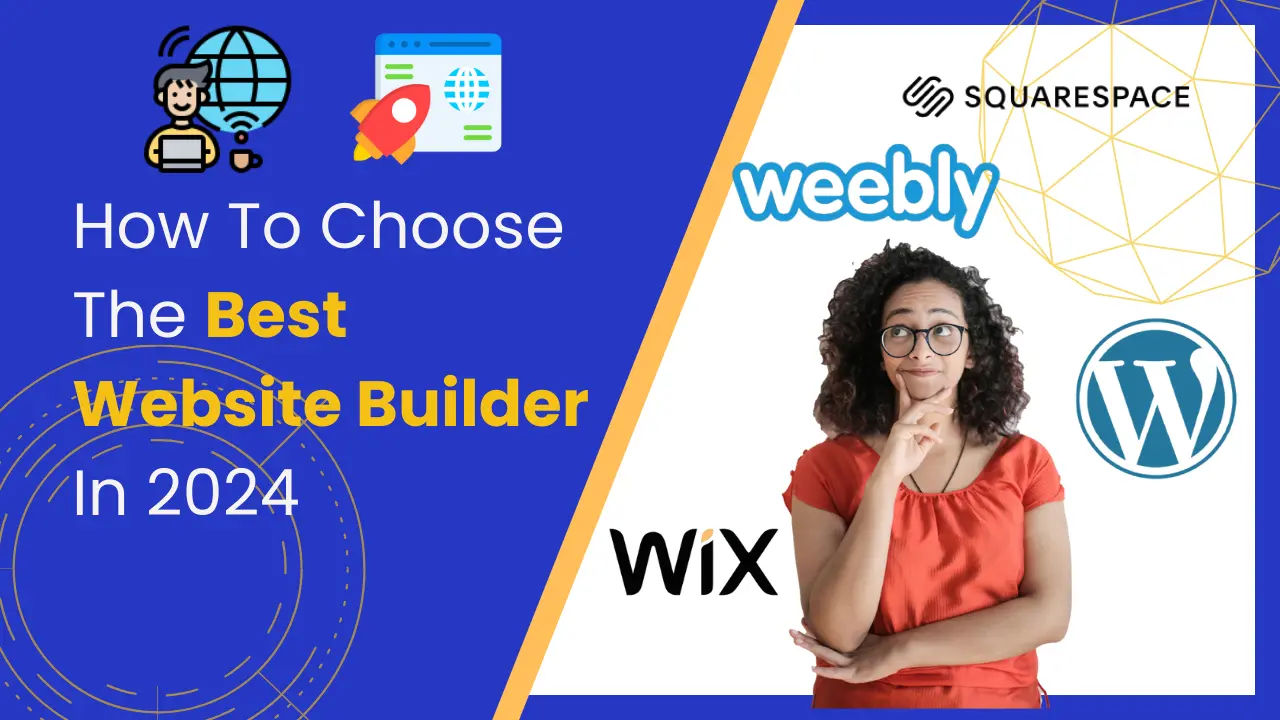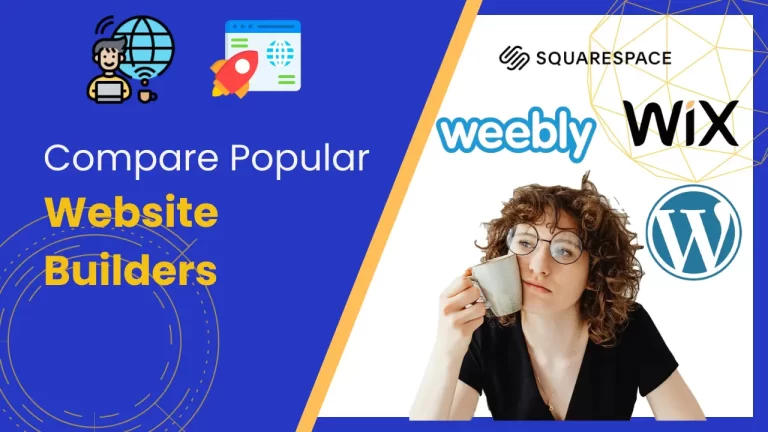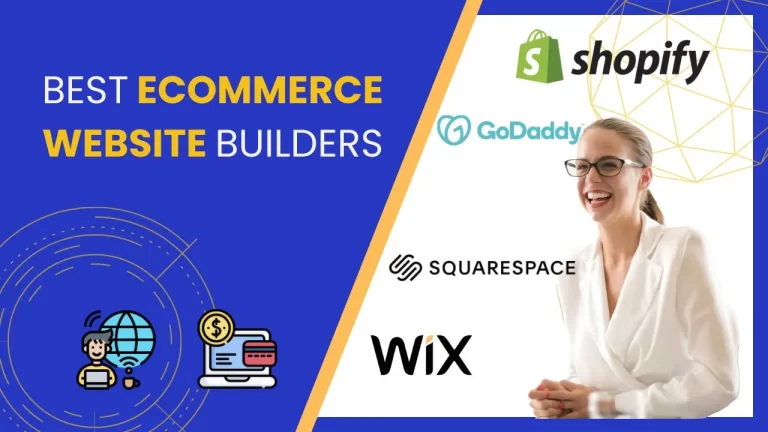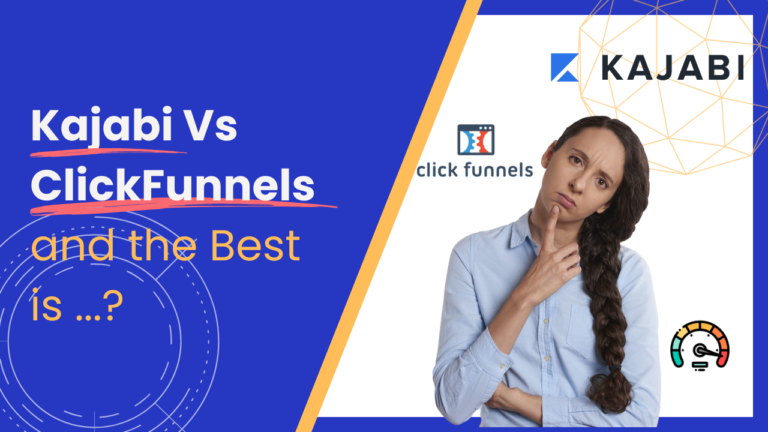How to Choose the Best Website Builder in 2024

In today’s digital age, having a strong online presence is crucial for businesses and individuals alike. And in order to establish that presence, choosing the right website builder is paramount. With so many options available, it can be overwhelming to determine which one is the best fit for your needs. In this comprehensive guide, we’ll walk you through the key factors to consider when choosing a website builder in 2024.
The Importance of Choosing the Right Website Builder
Your website is your virtual storefront, and the website builder you choose acts as the foundation for its success. A well-designed and functional website can attract and engage visitors, drive traffic, and ultimately convert leads into customers. On the other hand, a poorly designed website can turn potential customers away and hinder your online growth. So, how do you go about selecting the best website builder for your specific needs? Let’s dive in.
1. Assessing Your Needs
Before diving into the world of website builders, it’s essential to clearly identify your website goals and requirements. Are you creating a personal blog, an e-commerce site, or a portfolio website? Understanding your objectives will help you narrow down your options and find a builder that aligns with your specific needs.
2. Considering Ease of Use
For website design beginners or those with limited technical skills, ease of use is a crucial factor to consider. Look for a website builder with a user-friendly interface, drag-and-drop functionality, and intuitive design features. This will allow you to create and customize your website without the need for coding or extensive technical knowledge.
3. Customization Options
Every business or individual has a unique brand identity, and your website should reflect that. Look for a website builder that offers a wide range of customization options, allowing you to match your branding and style. This includes the ability to choose fonts, colors, layouts, and easily upload your own images and logos.
4. Templates and Design Options
While customization is important, not everyone has the time or design expertise to build a website from scratch. That’s where pre-designed templates come in handy. A great website builder will offer a variety of high-quality templates that can be easily customized to fit your needs. Consider the range and quality of templates available and choose a builder that offers options that align with your vision.
5. Mobile Responsiveness
In an increasingly mobile world, it’s essential that your website looks great and functions well on all devices, including smartphones and tablets. Ensure that the website builder you choose automatically optimizes your site for mobile responsiveness. This will ensure a seamless user experience and help you reach a wider audience.
6. SEO Features of a Website Builder
Search Engine Optimization (SEO) plays a crucial role in driving organic traffic to your website. Look for a website builder that offers built-in SEO tools to help you optimize your site for search engines. This includes features such as customizable meta tags, clean URLs, and sitemaps. A strong SEO foundation will improve your website’s visibility and attract more visitors.
7. E-commerce Functionality
If you’re planning to sell products or services online, it’s important to choose a website builder that supports e-commerce functionality. Look for features such as secure payment gateways, inventory management, and shipping integration. These tools will enable you to create a seamless online shopping experience for your customers.
8. Pricing and Cost of Website Builder
Website builders come in a range of pricing structures, from free plans to premium subscriptions. Consider your budget and evaluate the value you’ll be getting for your money. Look beyond the initial cost and consider factors such as storage space, bandwidth limitations, and additional fees for advanced features. Choose a builder that offers a pricing plan that aligns with your budget and growth expectations.
9. Customer Support
When building and managing a website, it’s inevitable that questions or technical issues may arise. That’s why reliable customer support is essential. Look for a website builder that offers responsive customer support options, such as live chat, email, or phone support. This will ensure that you have the assistance you need whenever you encounter difficulties or have questions about your website.
Best Website Builder for Your Business
To make your search easier, we’ve compiled a list of some of the best website builders in 2024. Each builder has its own unique features and strengths, so take your time to explore the options and find the one that best fits your needs. Here are our top picks:
1. Wix
Wix is known for its user-friendly drag-and-drop interface.
It offers a variety of templates for different types of websites.
Suitable for beginners and those without coding skills.
Pros
Cons
2. Squarespace
Squarespace is a visually appealing platform with professionally designed templates.
It is a good choice for creative professionals and small businesses.
Offers built-in e-commerce features.
Pros
Cons
3. WordPress
WordPress is a powerful and versatile platform used by a large number of websites globally.
It comes in two forms: WordPress.com (hosted) and WordPress.org (self-hosted).
Offers a vast library of plugins and themes for customization.
Pros
Cons
4. Shopify
Shopify is a dedicated e-commerce platform.
It’s excellent for businesses looking to set up online stores.
Provides tools for managing products, inventory, and payments.
Pros
Cons
5. Weebly
Weebly is a user-friendly website builder, suitable for small businesses and portfolios.
Offers a simple drag-and-drop interface with e-commerce capabilities.
Owned by Square, it integrates well with Square’s payment system.
Remember, the best website builder for you will depend on your specific requirements, budget, and level of technical expertise. Take advantage of free trials or demo versions to test out different builders and find the one that feels intuitive and meets your needs.
Pros
Cons
Conclusion: Making an Informed Decision
Choosing the right website builder is a critical decision that can greatly impact the success of your online presence. By considering factors such as ease of use, customization options, mobile responsiveness, SEO features, and customer support, you’ll be equipped to make an informed decision. Remember to assess your needs, explore different options, and choose a builder that aligns with your vision and goals.
As you embark on your website-building journey, keep in mind that building a successful online presence takes time and effort. Regularly update and optimize your website, stay informed about the latest trends and technologies, and continuously seek ways to improve your online presence. With the right website builder and a commitment to excellence, you’ll be well on your way to creating a stunning website that effectively represents your brand and achieves your goals. Happy website building!






